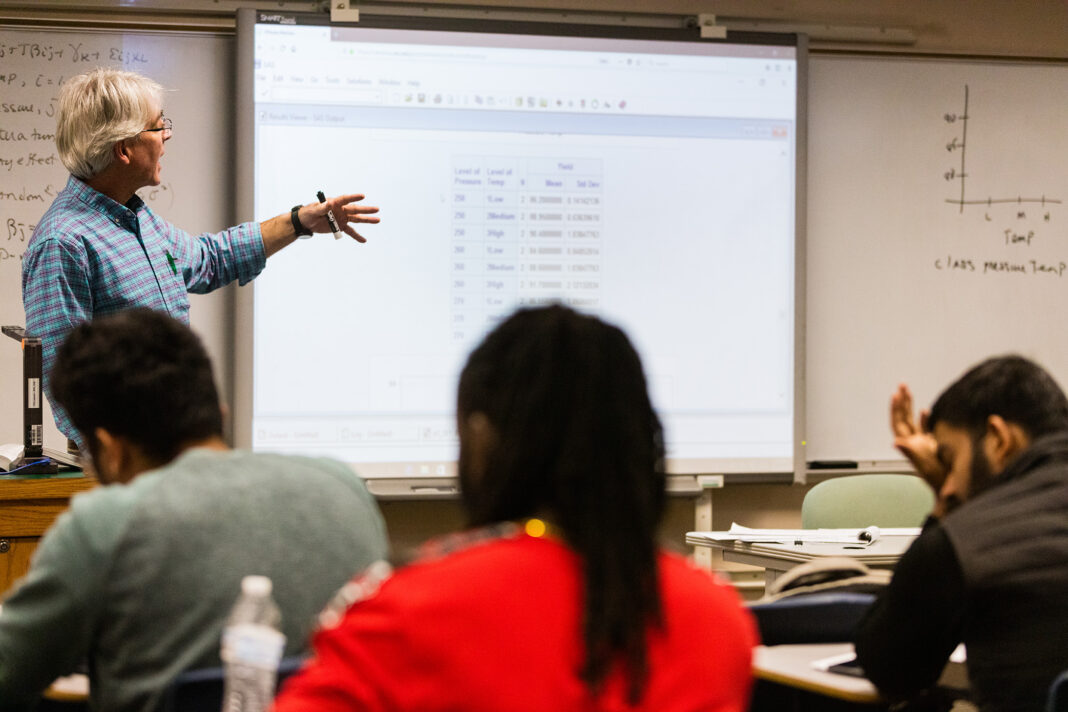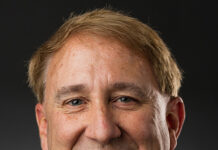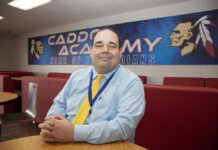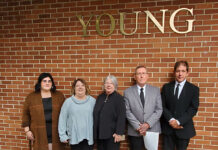The undergraduate and graduate academic programs on the Russellville campus at Arkansas Tech University will be reorganized under five colleges beginning with the 2022-23 academic year following approval by the ATU Board of Trustees on Thursday, Jan. 20.
The faculty-led process yielded a structure that will consist of the Graduate College, the College of Science, Technology, Engineering and Mathematics (STEM), the College of Arts and Humanities, the College of Business and Economic Development and the College of Education and Health.
An academic restructuring committee consisting of ATU faculty members Dr. Jeff Bright, Dr. Rebecca Callaway, Tracy Cole, Dr. John Krohn, Dr. Jeremy Schwehm, Dr. Jamie Stacy and Dr. Georgeanna “Ann” Wright guided the process during the fall 2021 semester.
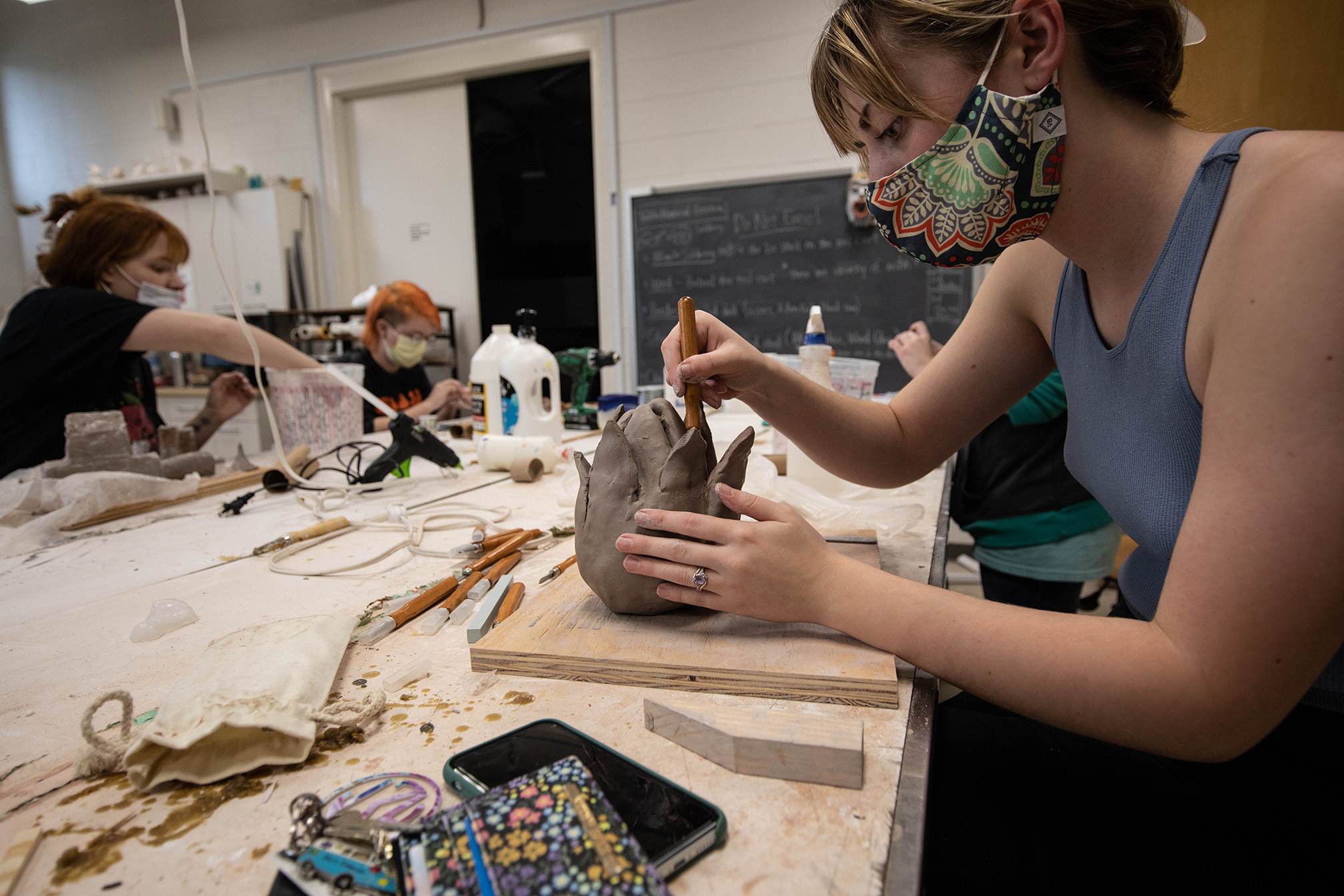

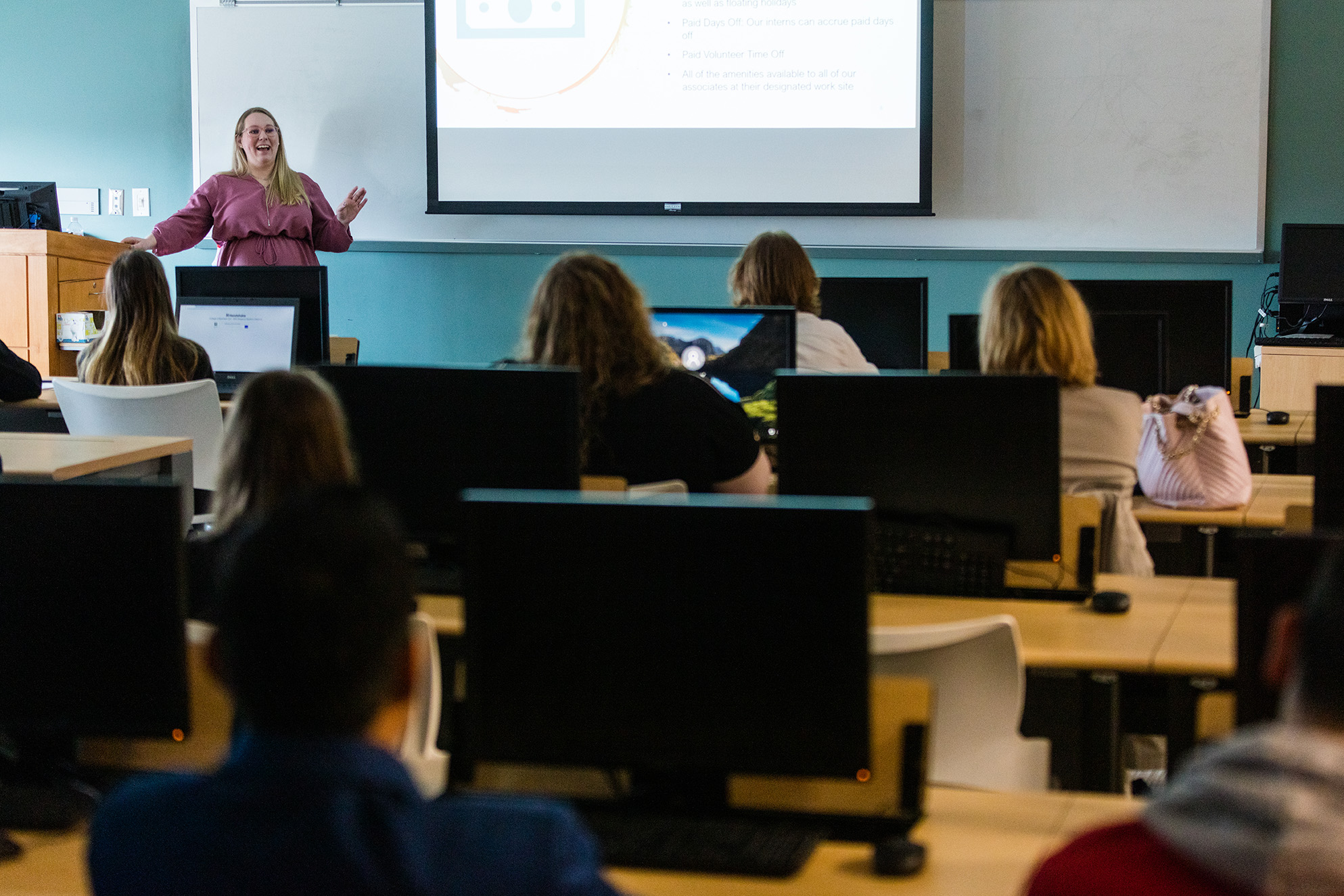
Below is a listing of the departments that will be housed in various colleges as of July 1, 2022:
College of STEM
- Biological Sciences
- Engineering and Computing Sciences
- Mathematics and Statistics
- Physical and Earth Sciences
College of Arts and Humanities
- Art
- Behavioral Sciences
- Communication and Media Studies
- English and World Languages
- History and Political Science
- Music
College of Business and Economic Development
- School of Business
- Agriculture and Tourism
College of Education and Health
- Teaching and Educational Leadership
- Kinesiology and Exercise Science
- Nursing
- Emergency Management, Professional Studies and Student Affairs Administration
“The work done by the academic restructuring committee was exemplary,” wrote Dr. A.J. Anglin, interim vice president for academic affairs, in a memorandum presented to trustees during their meeting. “They followed the restructuring initiative guiding principles and goals with focused, unwavering commitment. During the later part of the fall term and with concerted effort in recent days, faculty members of each of the new colleges and departments were asked to make recommendations for the names of their respective college and departments. This potentially thorny process was harmoniously facilitated by the academic deans.”

